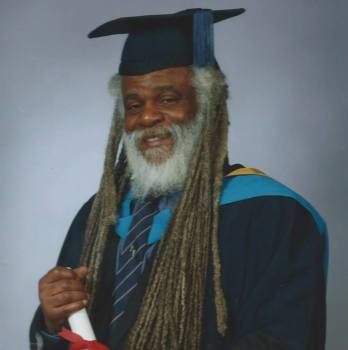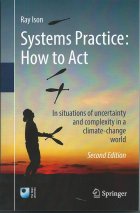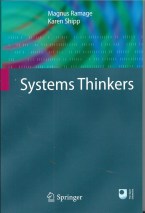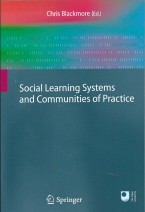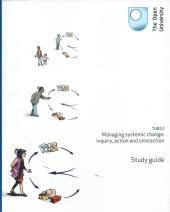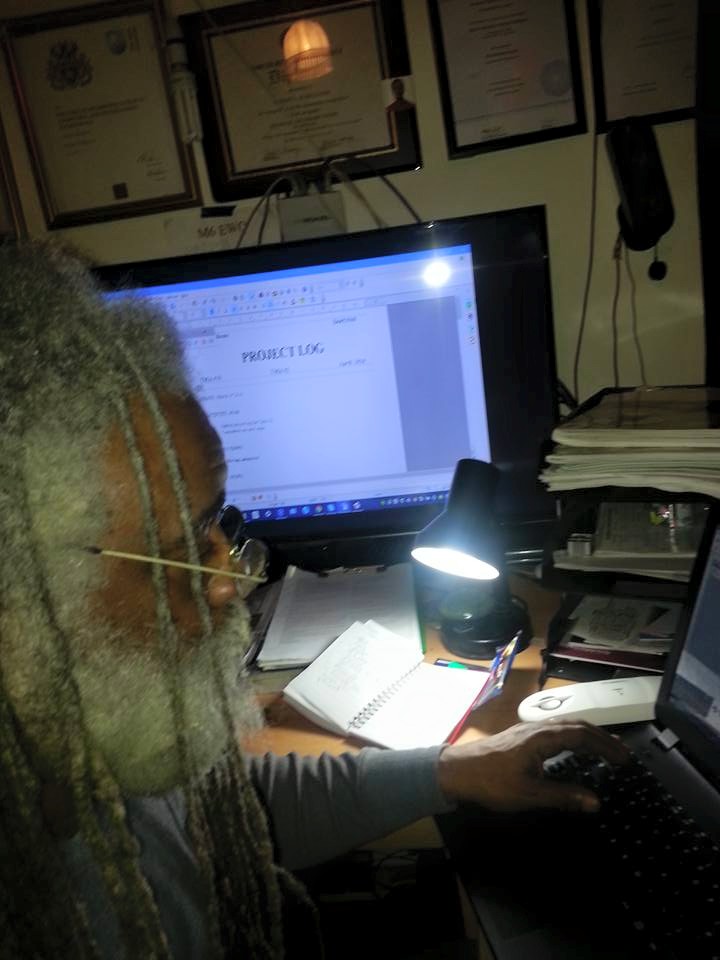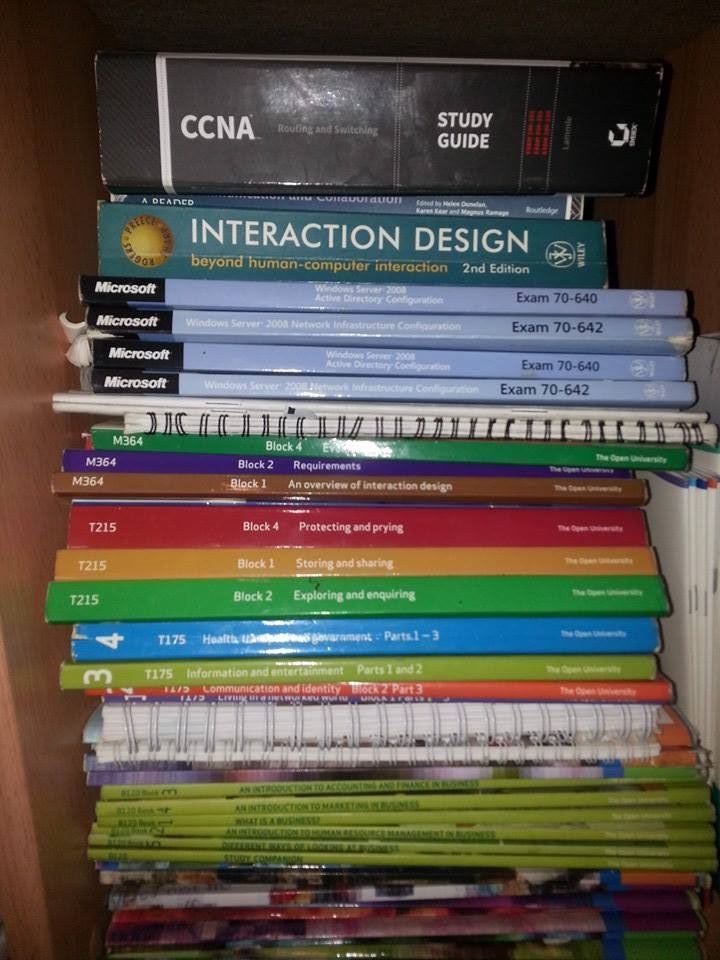Invitation to investigate the link between Social Learning Systems and Communities of practice and disaster risk reduction and recovery.
Greetings all,
Let me take this opportunity to wish each and everyone of you a happy new year.
Introduction
With part two of TU812- Managing systemic change: Inquiry, action and interaction, under the bridge, and a heavily thumbed and lined Systems Practice: How to act in situations of uncertainty and complexity in a climate change world. We turn our attention to to the wider involvement of the systems thinker in the inquiry into to Social learning systems and Communities of practice.
Although I know that the submission date for TMA 03 is a few weeks away: March 22, 2018, Question 1 (b) asks us to reference sources, and provide evidence that a situation of interest that you have identified as in need of social learning has /is being discuss(ed) The question suggests that third-party perspectives could be obtained from one-one discussions, with family or friends, or in forums such as the module forum or among your peers in the workplace.
What we want to do
In light of this assignment, I am inviting fellow students who have previous experience of being a victim of a disaster, directly or indirectly; or who has been a volunteer in the aftermath or been involved with the management of resources to respond to a disaster. Alternatively, this post is for anyone who has a deep interest in environmental matters, particularly in discussing the issues around social learning systems and Communities of practice as it relates to disaster risk reduction and recovery.
To begin, here is a graphical representation of the complex relationships between islands of the Caribbean, who share a common boundary of the Caribbean sea and the atlantic Ocean geographically. However, the social history and development of each island or subsets of islands, within the Caribbean archipelago, could not be more varied on the question of international relations, and colonial and post-colonial regulatory frameworks that governed how the British, French, Dutch and American governments responded during and in the wake the 2017 North Atlantic Hurricane season. In this scenario, we have many actors, including the survivors and the Caribbean diaspora. As well as a host of humanitarian organisations and world bodies and agencies.
Background
The Commonwealth of Dominica was struck by Hurricane Maria on the 18-19th of September, 2017 which was perhaps the worst North Atlantic hurricane season on record. I was born in the UK, and lived in Dominica between 1972 and 2004 during which time I survived Hurricane David in 1979.
Two major hurricanes ripped through the Caribbean with two weeks last year: Hurricane Irma on September 6 which killed over 134 persons and caused catastrophic damage in Barbuda, Saint Barthelemy, Sint Martin, Anguilla. the British Virgin Islands, United States Virgin Islands, Cuba and Florida. Two weeks later, Hurricane Maria, a category 5 hurricane almost totally obliterated Dominica leaving over 96 persons dead or missing.
Questions
1 What lessons have been learned from this hurricane season?
2.What are your views on climate-change?
3. Is there a case for the intervention of Social learning Systems in the Caribbean?
Final thoughts
Below is graphical representation taken from an IRIN News article entitled Hurricane response: Caribbean disaster agency comes of age.
I decided to share this because it somewhat focuses the mind on on what we are discussing. I sincerely hope that this thread will generate some discussion of the subject stated above in the days and weeks to come prior to our tutorial on February 12 where I am looking forward to more guidance on getting to grips with the contribution of Sir Geoffrey Vickers, Donald Schön and others with this very illuminating aspect of managing systemic change.
Regards
Albert

A post-disaster map of Caribbean politics and aid status (IRIN. 2017)
References
IRIN. (2017). Hurricane response: Caribbean disaster agency comes of age. [online] Available at: https://www.irinnews.org/analysis/2017/09/28/hurricane-response-caribbean-disaster-agency-comes-age [Accessed 30 Jan. 2018].
IRIN. (2017). Hurricane response: Caribbean disaster agency comes of age. [online] Available at: https://www.irinnews.org/analysis/2017/09/28/hurricane-response-caribbean-disaster-agency-comes-age [Accessed 30 Jan. 2018].
Euan McKirdy, C. (2018). Dominica PM: Hurricane Maria ‘devastates’ island. [online] CNN. Available at: https://edition.cnn.com/2017/09/18/americas/atlantic-storms-maria-jose-lee/index.html [Accessed 30 Jan. 2018].
IN. 2017)
